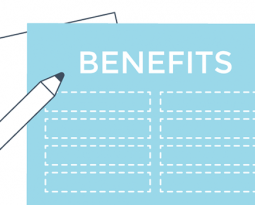As the year comes to a close, make sure that all your figures are in order before beginning the new year. Carry out the following before your last payroll of the calendar year to ensure a smooth transition to the next year.

- Understand the nature of each used pay items
- Not every payment has to be included when you file for tax processing– understand and know which items are tax exempt can help prevent you from paying extra taxes.
- Review and update your company details and your employees’ personal information
- Has your office moved? Did your employee’s marital status changed? These details and information are as important to the tax department as it is to your management, so be sure to update them on any changes.
- Special handling
- Ensure that special payments which are paid in cash are also included in the tax declaring process.
- Take note of expatriates employed in your service and make sure that your professional tax consultants are handling their taxes.
- Which of your employees have their tax borned by their employer, you? Ensure that these are also covered in the tax filing.
- Additional items for declaration
- Shares/stocks – employees who hold share or stock options through ESOP (Employee Share Option) or ESOW (Employee Share Ownership) can also be taxed based on the profits or gains they make from it. Make sure that these gains are declared and included in the filing process.
- Rental reimbursement – employees who are reimbursed through accommodation benefits during the period of their employment can be taxed based on their monthly income. Take stock of these employees in your employment and ensure that these are declared as well.
- Quarter/Temporary accommodation – cost of temporary accommodation (hotel, serviced apartment, etc.) incurred by employees who are being relocated for employment can also be tax deductible.
- Benefits-in-kinds – benefits-in-kinds which are given to employees by employers can be taxable if the amount is substantial, equally important is knowing which benefits-in-kinds are granted administrative concessions or are exempt from income tax.
- Pension or Provident Fund – contributions made by employers to an employee’s pension or provident fund may or may not be taxable. Do your homework and make sure you declare the right contributions.
- Last but not least, have your employees do a thorough review before submission to ensure that everything is in order.
Another key thing to take note of are the various tax regulations that can be changed from year to year, staying on top of these changes will certainly make tax filings smoother. Having checked off each item on the list, you can now focus fully on next year’s payroll system.







